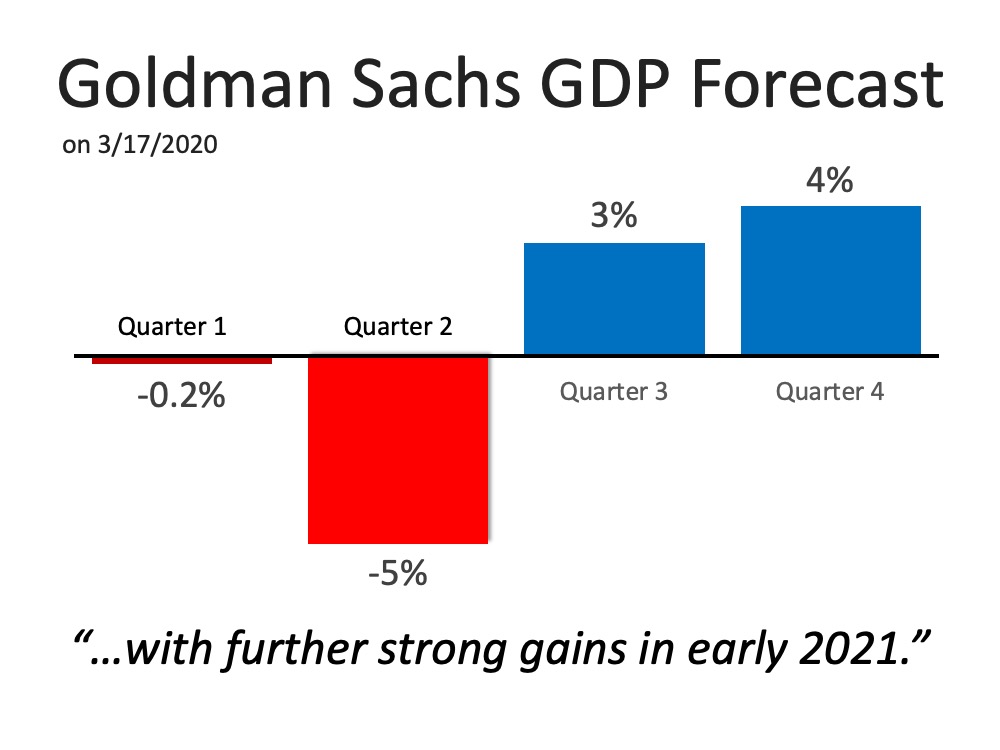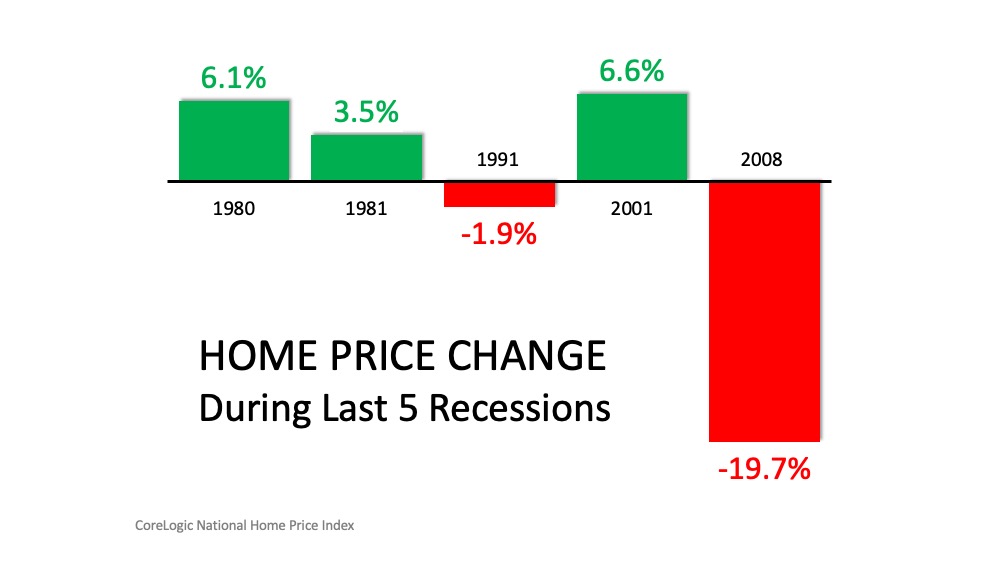Meet Cami Branson - Listing Specialist
Every Monday, meet one of our amazing Team Members! Today we welcome you to meet Cami Branson, a listing specialist with our Team!.jpg)
Displaying blog entries 1-5 of 5
Every Monday, meet one of our amazing Team Members! Today we welcome you to meet Cami Branson, a listing specialist with our Team!.jpg)
Our team is still dedicated to serving our community especially in this time of need!
The Christie Cannon Team
972-215-7747
.jpg)
Did you know that at The Christie Cannon Team we are able to do buyer and seller appointments virtually? Yes! Without even leaving the comfort of your own home we can schedule and do a complete consult over the phone, face-time or zoom!
Even better?
We can even virtually tour homes for you! Just because we are in a social distancing period doesn't mean you have to up your plans for your dream home on hold! We are here to help! Just let an agent know which homes you are wanting to see, If we do not already have a virtual tour of the home we will do our best to get one for you!
Are you ready to buy or sell a home? Don't know where to start? Don't stress! Contact us today and let us know how we can help you!
The Christie Cannon Team
972-215-7747


In times of uncertainty, one of the best things we can do to ease our fears is to educate ourselves with research, facts, and data. Digging into past experiences by reviewing historical trends and understanding the peaks and valleys of what’s come before us is one of the many ways we can confidently evaluate any situation. With concerns of a global recession on everyone’s minds today, it’s important to take an objective look at what has transpired over the years and how the housing market has successfully weathered these storms.
We all remember 2008. This is not 2008. Today’s market conditions are far from the time when housing was a key factor that triggered a recession. From easy-to-access mortgages to skyrocketing home price appreciation, a surplus of inventory, excessive equity-tapping, and more – we’re not where we were 12 years ago. None of those factors are in play today. Rest assured, housing is not a catalyst that could spiral us back to that time or place.
According to Danielle Hale, Chief Economist at Realtor.com, if there is a recession:
"It will be different than the Great Recession. Things unraveled pretty quickly, and then the recovery was pretty slow. I would expect this to be milder. There's no dysfunction in the banking system, we don't have many households who are overleveraged with their mortgage payments and are potentially in trouble."
In addition, the Goldman Sachs GDP Forecast released this week indicates that although there is no growth anticipated immediately, gains are forecasted heading into the second half of this year and getting even stronger in early 2021. Both of these expert sources indicate this is a momentary event in time, not a collapse of the financial industry. It is a drop that will rebound quickly, a stark difference to the crash of 2008 that failed to get back to a sense of normal for almost four years. Although it poses plenty of near-term financial challenges, a potential recession this year is not a repeat of the long-term housing market crash we remember all too well.
Both of these expert sources indicate this is a momentary event in time, not a collapse of the financial industry. It is a drop that will rebound quickly, a stark difference to the crash of 2008 that failed to get back to a sense of normal for almost four years. Although it poses plenty of near-term financial challenges, a potential recession this year is not a repeat of the long-term housing market crash we remember all too well.
Next, take a look at the past five recessions in U.S. history. Home values actually appreciated in three of them. It is true that they sank by almost 20% during the last recession, but as we’ve identified above, 2008 presented different circumstances. In the four previous recessions, home values depreciated only once (by less than 2%). In the other three, residential real estate values increased by 3.5%, 6.1%, and 6.6% (see below):
Concerns about the global impact COVID-19 will have on the economy are real. And they’re scary, as the health and wellness of our friends, families, and loved ones are high on everyone’s emotional radar.
According to Bloomberg,
“Several economists made clear that the extent of the economic wreckage will depend on factors such as how long the virus lasts, whether governments will loosen fiscal policy enough and can markets avoid freezing up.”
That said, we can be confident that, while we don’t know the exact impact the virus will have on the housing market, we do know that housing isn’t the driver.
The reasons we move – marriage, children, job changes, retirement, etc. – are steadfast parts of life. As noted in a recent piece in the New York Times, “Everyone needs someplace to live.” That won’t change.
Concerns about a recession are real, but housing isn’t the driver. If you have questions about what it means for your family’s homebuying or selling plans, let’s connect to discuss your needs.

In the latest Housing Trends Report, the National Association of Home Builders (NAHB) measured the share of adults planning to buy a home over the next 12 months. The report indicates the percentage of all buyers that will be first-time buyers looking to purchase a home grew from 58% in Q4 2018 to 63% in Q4 2019.
The results revealed,
“Millennials are the most likely generation to be making plans to purchase a home within a year (19%), followed by Gen Z (13%) and Gen X (12%)…Prospective buyers in the youngest two generations are primarily first-time buyers: 88% of Gen Z buyers and 78% of Millennial buyers are reaching out to homeownership for the first time in their lives.”
With a high demand from first-time homebuyers and a shortage of inventory in the current market, selling your existing home this year might be your best move. Why? Because when homebuyers begin their search, they’re not all looking for new construction. Many are eager to find a little charm and character in a place to call home – possibly yours.
In fact, according to the same study, there is a significant demand for existing homes:
“In terms of the type of home these prospective home buyers are interested in, 40% are looking to buy an existing home and 19% a newly-built home. The remaining 41% would buy either a new or existing home.”
With showing activity up among buyers and more new construction coming to market, as a homeowner, you have the opportunity to sell your existing house now and move up into a new one, or downsize into a home that better fits your current and ever-changing needs.
Not all buyers are looking for a newly built house. If you’re ready to take advantage of low mortgage rates and a high demand for your existing home, let’s get together to determine how we will market the charming details of your current house to potential buyers.
Displaying blog entries 1-5 of 5

